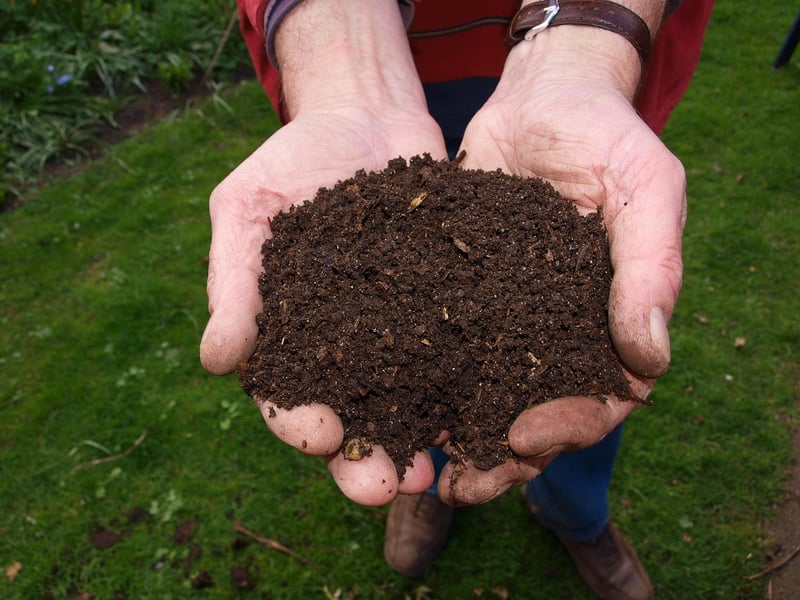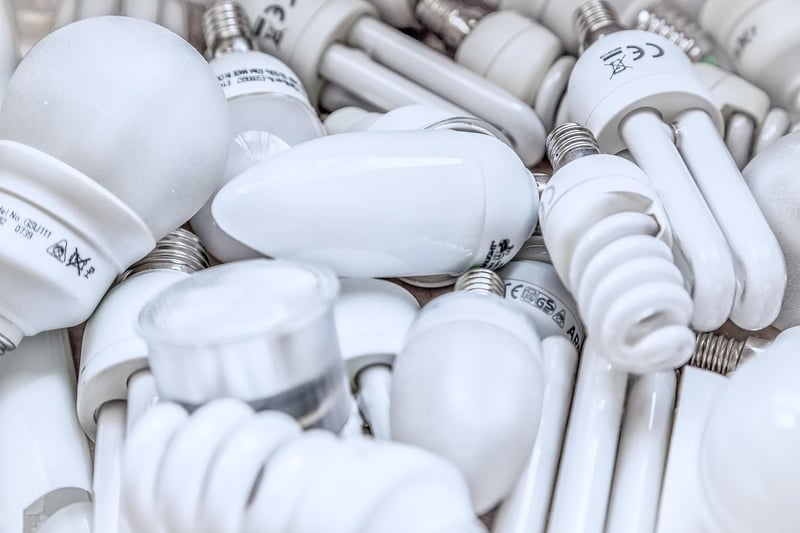Waste Reduction
Creating Your Compost + Waste Reduction

The Benefits of Composting
Composting is a simple and eco-friendly way to recycle organic waste and create nutrient-rich soil for your garden. By composting, you reduce the amount of waste that goes to landfills, thereby reducing harmful greenhouse gas emissions.
Getting Started
To start composting, you'll need a compost bin or pile, organic waste such as fruit and vegetable scraps, coffee grounds, and yard trimmings, as well as some patience. Layer your organic waste with yard waste like leaves or grass clippings to create a balanced mix of greens and browns.
What to Include
- Fruit and vegetable scraps
- Coffee grounds and filters
- Eggshells
- Grass clippings
- Leaves
- Shredded paper
What to Avoid
- Meat and dairy products
- Grease and oils
- Coal or charcoal ash
- Diseased plants
- Pet waste
Turning Your Compost
Regularly turning your compost pile or bin helps aerate the mixture, speeding up the decomposition process. This ensures that your compost remains odor-free and breaks down efficiently.
Using Your Compost
Once your compost has turned into dark, crumbly soil, it's ready to be used in your garden. Mix it into the soil to provide essential nutrients for your plants and improve soil structure.
Reducing Waste
Composting is a key component of waste reduction. By diverting organic waste from landfills, you not only reduce greenhouse gas emissions but also minimize the need for chemical fertilizers, closing the loop on the natural cycle of nutrients.
Start composting today and contribute to a healthier environment!

